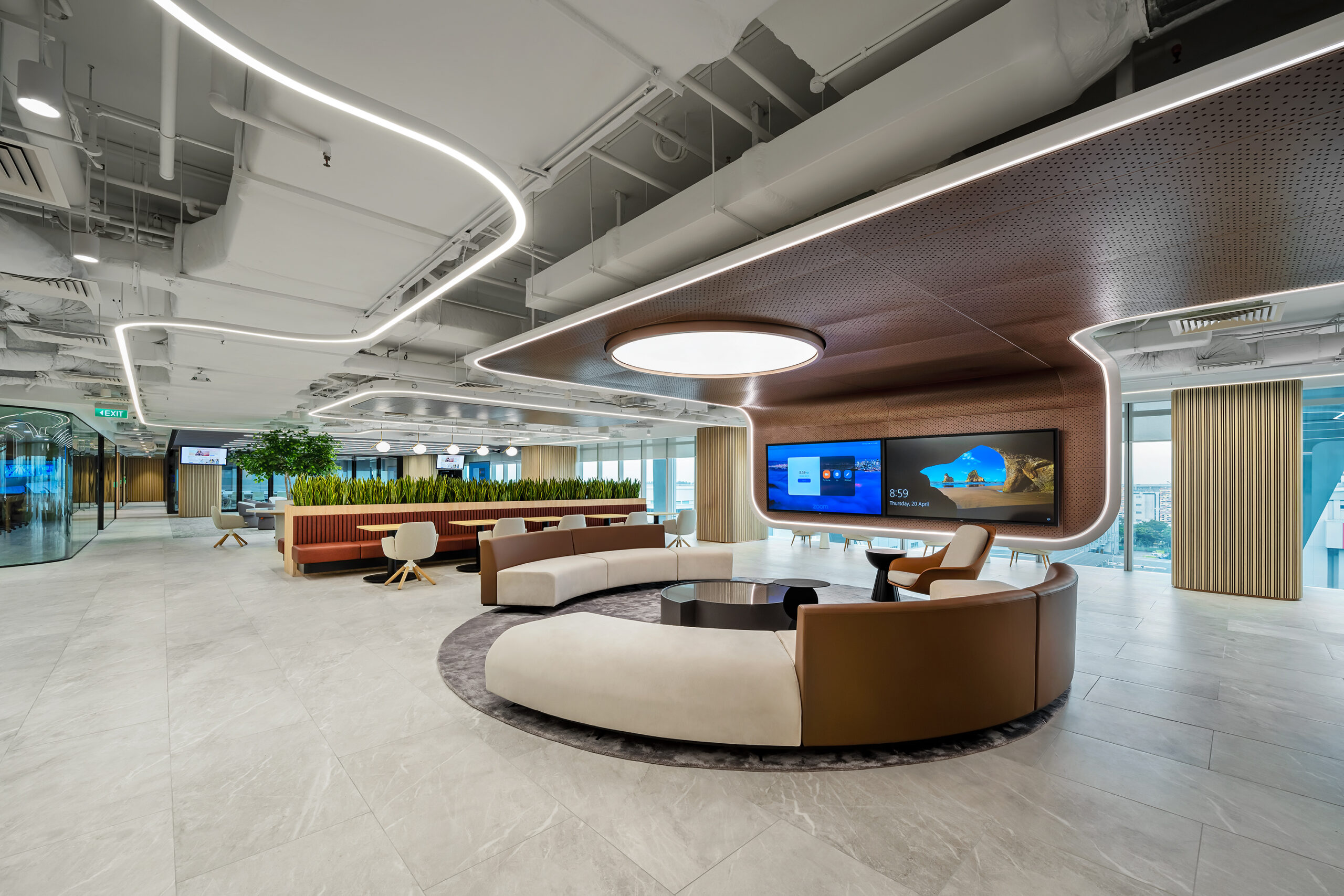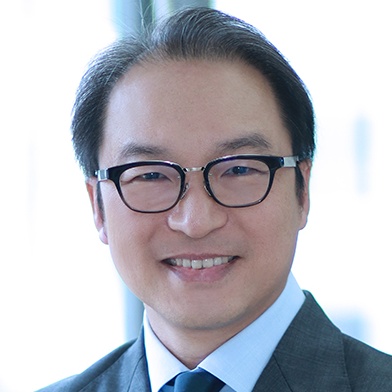Driving digital transformation with empathetic leadership
- HRM Asia Newsroom

Despite the obvious need to modernise not only technology but also practices and processes, companies are falling short in several important aspects of that effort.
According to the results of a Dell Technologies survey, employees are exhausted. The pace of change within their organisations, combined with the years-long struggle with the COVID-19 pandemic, has been a perfect recipe for burnout. In the last three years, it is not only technology that has made tumultuous growth, but the workforce has also undergone huge changes to keep up with the rapid changes. Machines may be immune to the long-term effects, but humans are not.
In fact, close to half of companies surveyed as part of Dell’s Breakthrough study in Singapore said the people they count on for innovation are wrestling with burnout and poor mental health, and their work is suffering as a result. At the same time, nearly 60 per cent said they do not always have the motivation to act on important digital modernisation efforts in the workplace.
However, technological change is a way of life; it should not be something employees suffer through. If that is the case, they will give up early, or use only a small portion of the new tech’s features.
As the role of the office changes, employee engagement rivals technology in its importance of boosting performance levels on all fronts. Companies need to adopt a more empathetic approach, one that prioritises employees’ wellbeing above all else. At the same time, leaders need to take the lead in providing the best possible experience for end users and create a more humane and productive workplace.
Dell surveyed 10,500 people across the world, from senior leaders to IT decision-makers and employees involved in digital transformation efforts at companies ranging in size from 100 employees to more than 10,000. The results are clear: If organisations want to contribute to a better future for all, they must recognise that business success is inextricably linked to their people’s wellbeing.
True innovation begins with empathetic leadership and technology that frees people from unfulfilling toil, allowing them to live up to their full potential by refocusing the same time and effort on more worthwhile tasks.
A hierarchical culture that undervalues consultation, or even makes employees feel like it is too risky to speak up is a costly miscalculation that stunts both employee development and fractures digital transformation efforts.
The majority (65.5%) of the respondents in the Breakthrough survey believe their organisation does not know what it takes to transform the workforce. Nearly 75 per cent of those surveyed in Singapore believe their organisation underestimates “people requirements” when planning transformation programmes.
As we dig a little deeper, we discover that the shortcomings of a top-down culture have broad repercussions for the workforce, and the results it is tasked with achieving.

“To be successful, leaders need to develop a greater sense of self-awareness and be sensitive to how their words and actions impact others.” – Andy Sim, Vice President and Managing Director, Singapore, Dell Technologies
In Singapore, 91 per cent of respondents to Dell’s Breakthrough survey said their leaders overlook different perspectives or viewpoints while 46 per cent of employees involved in digital transformation efforts feel that their leaders treat them as dispensable. At the same time, nearly half of respondents (45.5%) said they do not see fair, merit-based decision-making or equal opportunities in their roles and 38.5 per cent believed their leaders only consult certain teams or disciplines.
Clearly, a culture change is necessary to build a productive and loyal workforce, especially as 96% of business leaders here believe that people are an organisation’s “greatest asset”.
To be successful, leaders need to develop a greater sense of self-awareness and be sensitive to how their words and actions impact others. More than half of senior business decision-makers surveyed admitted to simply assuming employees understand why it is important to adopt new technologies and modernise.
It is likely that the problem is not a lack of vision on the company’s part, but a lack of communication of the vision. A deeper and more meaningful communication model can help leaders recognise more subtle challenges, such as how a significant portion of the workforce simply does not like to be hurried, or the potential clash between the 63 per cent of the workforce that considers themselves methodical, and the 37 per cent that say they are not.
At Dell Technologies, our leaders understand the value of effective communication in fostering an inclusive and collaborative culture that puts employees first. To create a purpose-built office, Dell partnered with employees through a comprehensive three-part design thinking programme to identify purposeful workplace solutions for the launch of its new hybrid office.
Conducted right after COVID-19 restrictions were lifted in Singapore, the sessions consisted of a pre-occupancy survey with team members, visioning session with the executives, and holistic designed focus group discussions with various members of different business units. These sessions helped identify high-priority areas which employees felt were critical to the team’s success amidst a changing work landscape. Such two-way conversations and employee engagement allowed us to create workspaces that inspire creativity, collaboration, and eventually, makes employees feel heard.
Ultimately, humans are complex and diverse – there is no one-size-fits-all solution. Genuine dialogue allows leaders to better tailor change programmes to employees’ individual skills. When leaders take the time to understand how comfortable their people are with change, they are better able to ensure success for the large number of employees that may require more time, support, or incentive to change existing habits and learn new skills. Along with the right technology tools, leaders and employees can create the office of the future together.
About the author: Andy Sim is Vice President & Managing Director, Singapore, Dell Technologies






